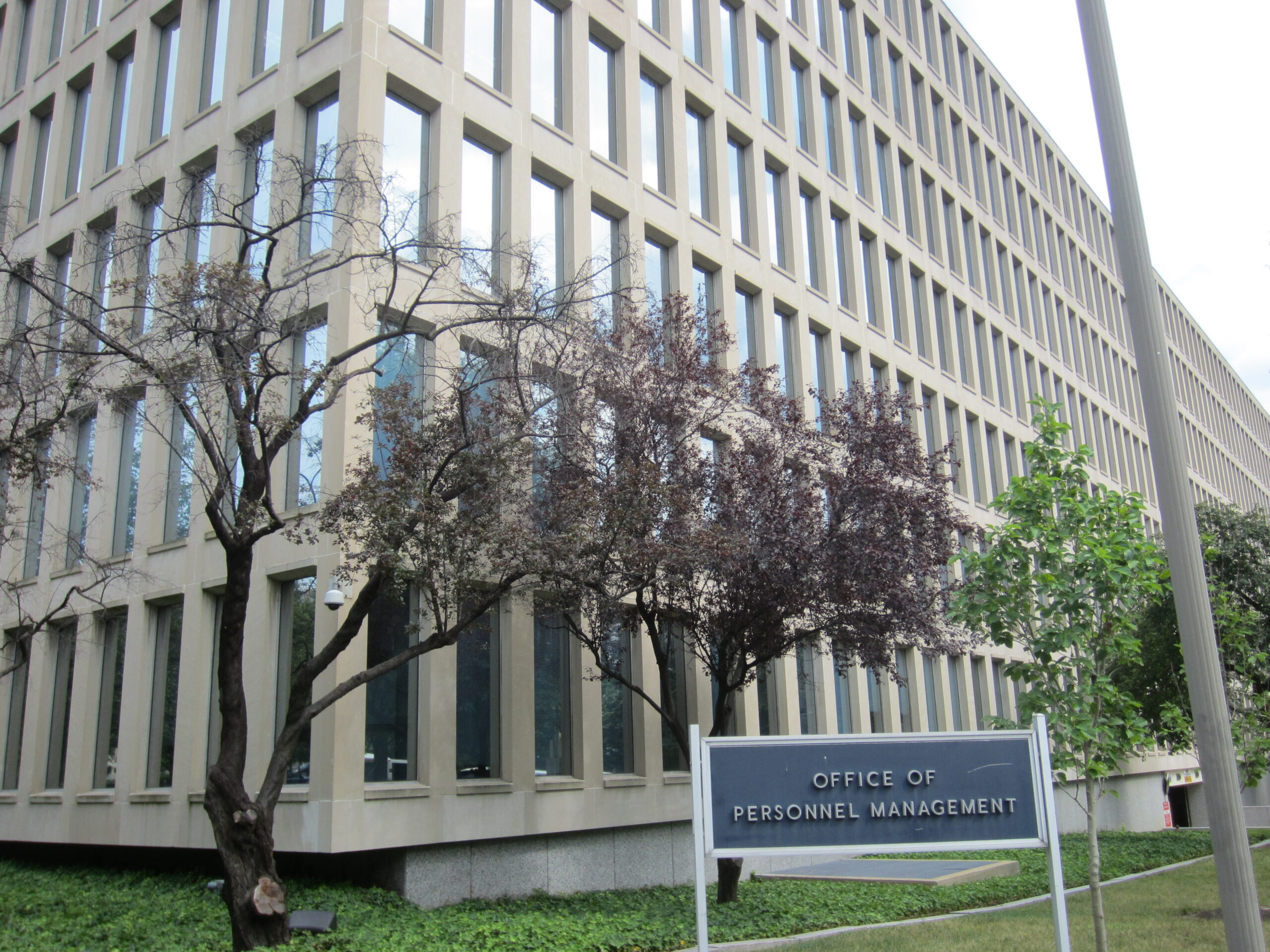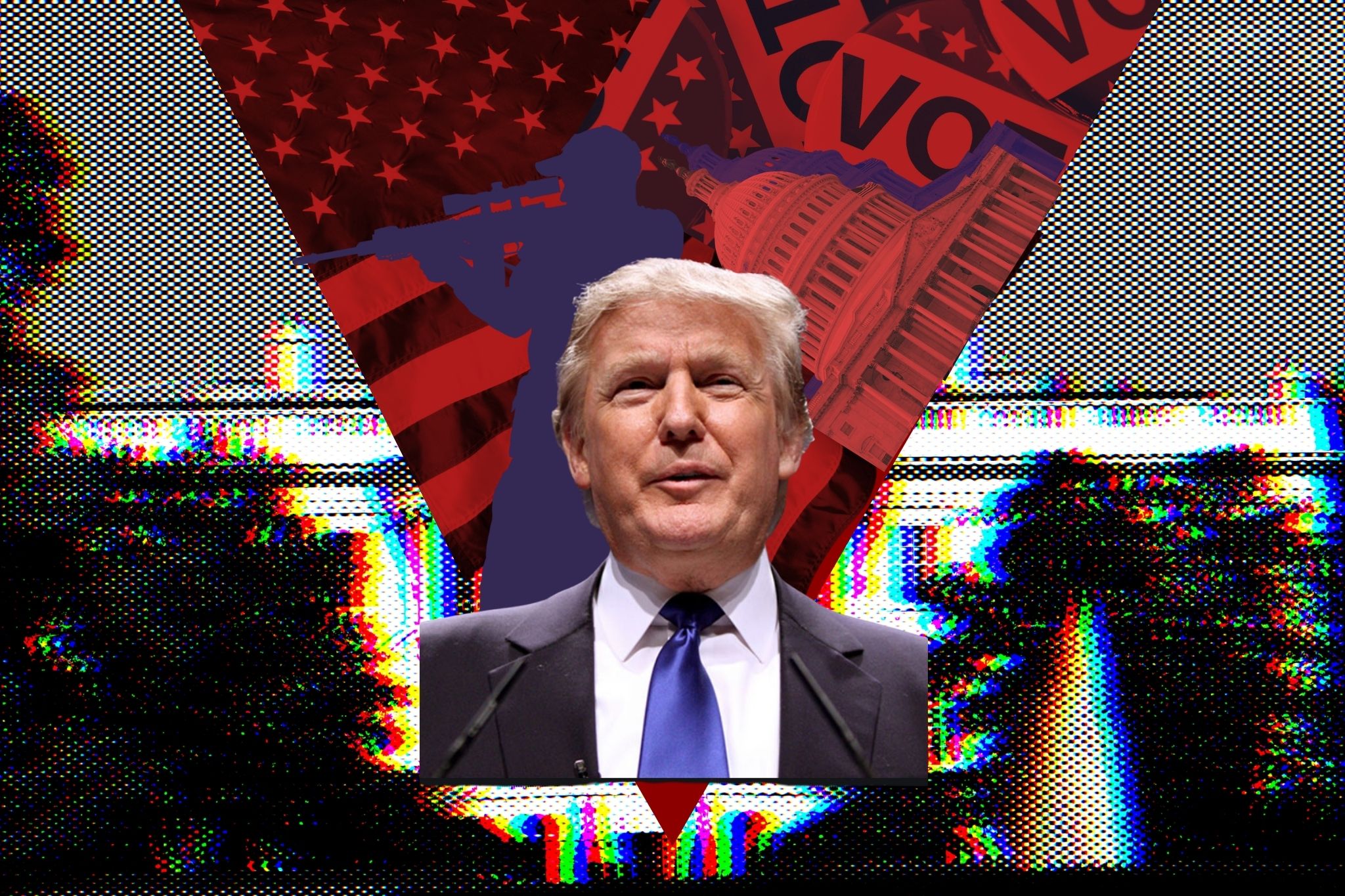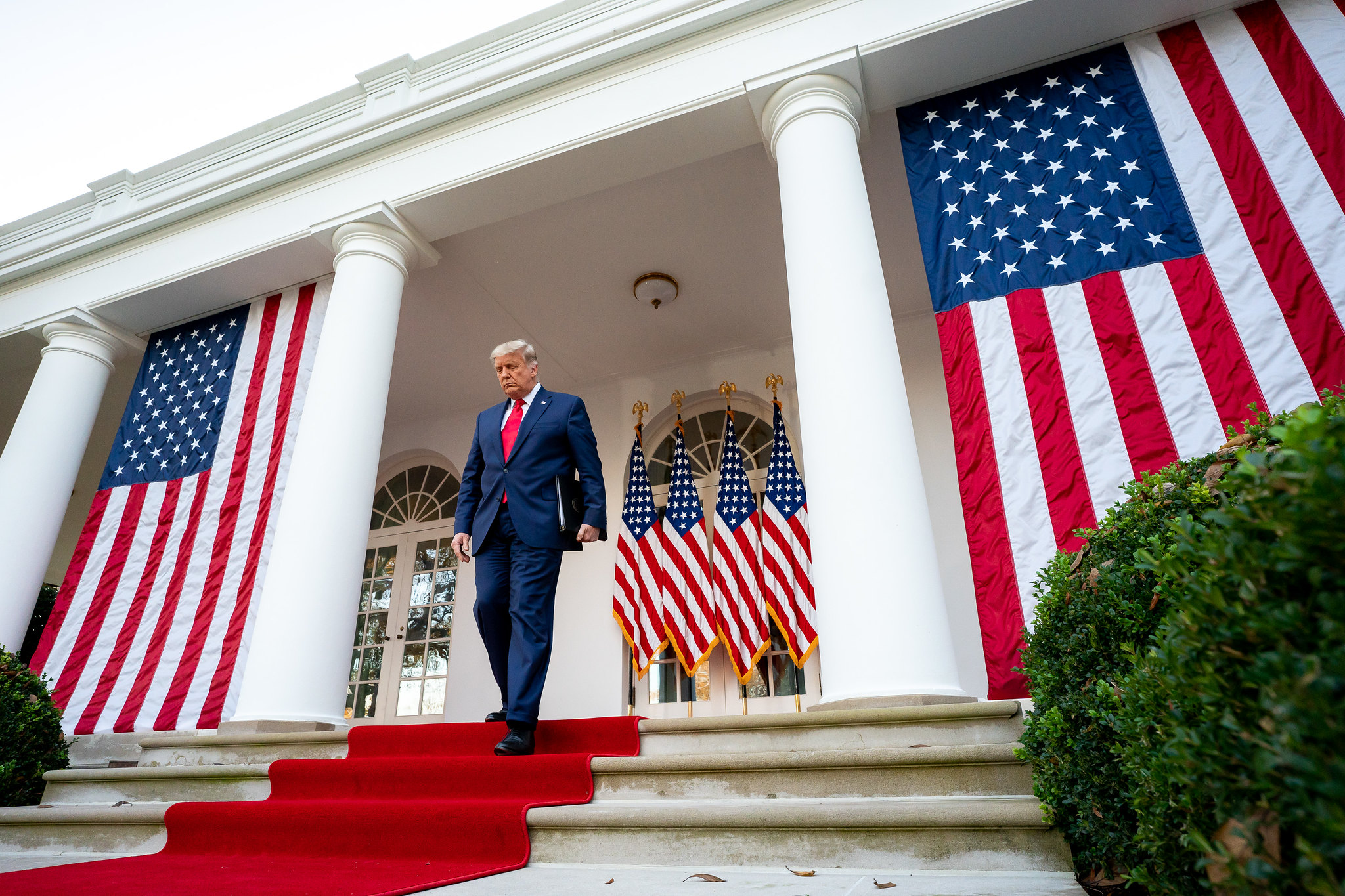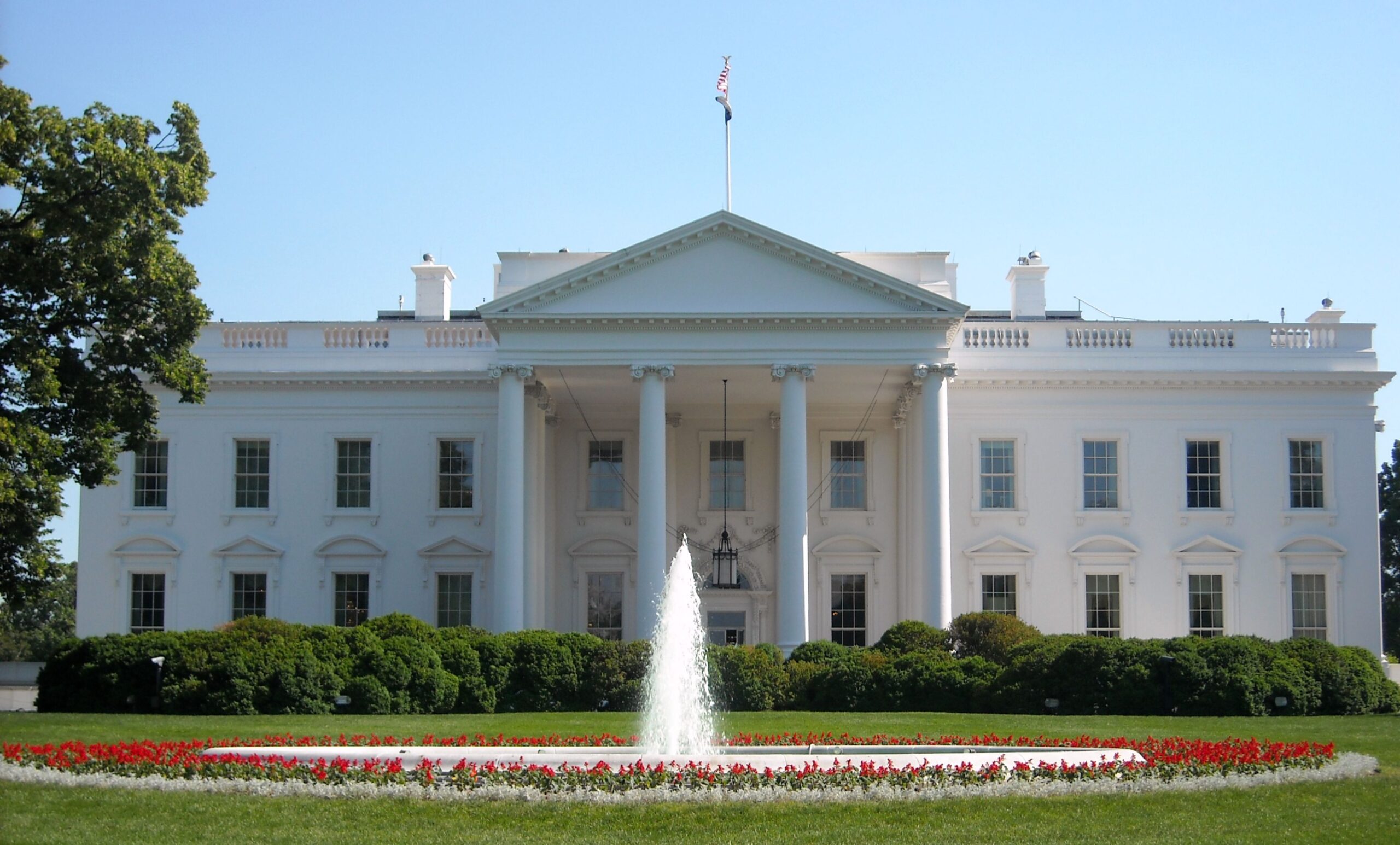
The ‘Burrowing In’ of Political Appointees
The Trump White House’s obsessive focus on loyalty combined with the administration’s politicization of multiple agencies magnified the importance of investigating the potential “burrowing in” of political appointees.

In February 2018, the Office of Personnel Management updated its guidance regarding political appointees converting to civil service positions, requiring those employees to receive OPM permission before applying for a permanent position. Civil service laws prohibit hiring individuals into permanent, career positions on the basis of political affiliation or partisan loyalties, which has the potential to weaken the professional civil service. Such conversions, often referred to as “burrowing in,” are a frequent concern during transitions between administrations, with the fear being that political appointees of one party who are improperly installed into career positions could thwart future initiatives of a president of another party.
These fears were amplified in the face of the Trump administration’s politicization of multiple federal agencies and the White House’s purges of employees perceived as being insufficiently loyal to the president. Adding to these concerns was then-President Donald Trump’s decision in July 2020 to nominate John Gibbs — a political appointee at the Department of Housing and Urban Development who had pushed a conspiracy theory about the 2016 Hillary Clinton presidential campaign — to lead OPM.
That appointment came after the previous OPM chief, Dale Cabaniss, had abruptly resigned because of “poor treatment” by John McEntee, the director of the White House’s Presidential Personnel Office who had been spearheading the loyalty purges. Since then, multiple reports indicated that “burrowing” had become more widespread throughout the Trump administration.
Other conversions elicited fears that career positions were being filled by those serving Trump’s political interests over those of the American public. American Oversight is investigating the degree to which political appointees were improperly converted to career status — and whether OPM’s guidelines were followed throughout the federal government. We’re also looking into specific cases involving the National Security Agency, the Justice Department, and the Consumer Financial Protection Bureau.
Shortly after the 2020 election, press reported that White House lawyer Michael Ellis had been hired into the career role of general counsel of the National Security Agency. Ellis was placed on administrative leave the day Trump left office and resigned on April 16, 2021.
In January 2020, Justice Department political appointee Thomas Ward was announced as the assistant director for enforcement at CFPB. Later in the year, shortly after the 2020 election, press reported that White House lawyer Michael Ellis had been hired into the career role of general counsel of the National Security Agency. Ellis was placed on administrative leave the day Trump left office and resigned on April 16, 2021.
Prerak Shah, a Justice Department political appointee and former chief of staff to Sen. Ted Cruz, was named Acting United States Attorney for the Northern District of Texas on Jan. 10, 2021.
American Oversight is requesting documents with the potential to show whether and to what extent agencies requested that OPM approve the hiring of political appointees into career positions, as well as documents that may shed light on whether hiring decisions were politically influenced.
For example, we requested records about Ward’s hiring process and transition, including SF-50 forms. We’ve also sent requests for documents surrounding Ellis’ hiring as NSA general counsel, including records sufficient to show his qualifications for the position and whether applications from other candidates were appropriately solicited and considered. In Shah’s case, we requested relevant emails sent between his predecessor, U.S. Attorney Erin Nealy Cox, and Cruz’s office.



